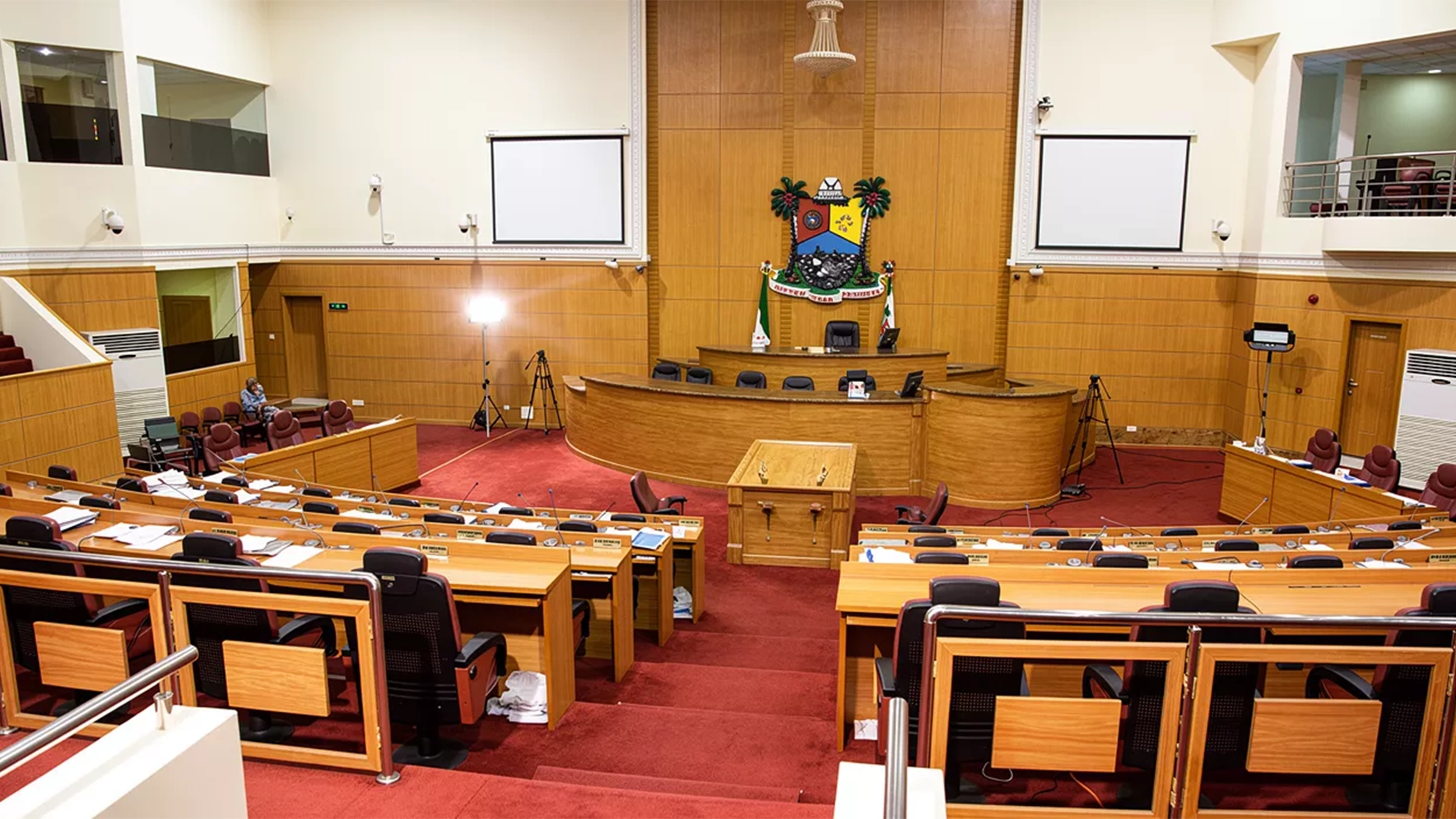Weak implementation of policies, poor enforcement of maritime laws, underutilisation of related industries like steel, and revenue leakages have continued to cost Nigeria the $20 billion yearly projected revenue generation from the blue economy sector.
This was disclosed yesterday in the Sea Empowerment and Research Centre (SEREC) Policy Brief for National Economic Renewal titled: “Blue Economy, Broken Promises: Where Are Nigeria’s Maritime Billions?”
In its weekly bulletin signed by the Head of Research, Dr. Eugene Nweke, SEREC highlighted the staggering financial losses and missed opportunities in the maritime sector, estimating that the country loses over $3 billion every year to smuggling and illicit activities alone.
SEREC stated that the Nigerian Maritime Administration and Safety Agency (NIMASA) once projected the country’s blue economy could generate over $20 billion yearly, but the gap remains vast.
The research body also pointed out that while nations like the Philippines earn $6 billion yearly from seafarer remittances, Nigeria has failed to fully leverage its vast youth population and underutilises its manpower advantage for global maritime labour markets.
Similarly, the centre noted that the collapse of the Ajaokuta Steel Complex and related plants has crippled shipbuilding, repair yards, and port infrastructure, which it said is a gap that continues to erode Nigeria’s competitiveness.
The research body also highlighted that the periodically congested functional western ports, undeveloped ports, abandoned fishing harbours, and underdeveloped inland waterways hamper trade facilitation.
“Nigeria, with over 853 km of coastline, abundant inland waterways, and immense marine resources, has the potential to generate billions of dollars annually through the blue economy. Yet, decades of promises have yielded limited outcomes. Billions in potential maritime earnings are unrealised, undermining Nigeria’s quest to diversify from oil,” the report noted.
The research body warned that chronic underperformance threatens not just economic diversification but also job creation.
SEREC also pointed to weak enforcement of the Cabotage Act and Local Content Law, which has left foreign vessels dominating cabotage and offshore trade.
This, the centre stated, has resulted in the continuous export of Nigerian jobs and profits, while the country also underperforms in West and Central Africa despite being the continent’s largest economy and now Chair of the World Customs Organization Council.
The group also warned that repeated policy announcements without measurable implementation have eroded stakeholder confidence and public trust, even as Nigeria recently approved a National Policy on Marine and Blue Economy.
The research centre recommended that government establish a Blue Economy Delivery Unit under the Presidency with clear performance indicators on the Gross Domestic Product (GDP) contribution, jobs, and revenue.
The body further urged the revival of strategic assets such as Ajaokuta and Delta Steel to support shipbuilding and marine infrastructure, alongside the expansion of seafarer training to replicate the Philippines’ multibillion-dollar remittance model.
SEREC also called for tighter Navy–Customs–NIMASA collaboration and the deployment of maritime domain awareness tools to curb smuggling and revenue leakages.
SEREC stressed that without urgent reform, Nigeria risks missing out on billions in sustainable revenue, millions of jobs, and its role as a maritime hub in West and Central Africa.
“Where are Nigeria’s maritime billions? — bold action must now replace political promises. If Nigeria harnesses even a fraction of its maritime wealth, it can generate sustainable billions, diversify the economy, create jobs, and restore public confidence,” the group stated.






